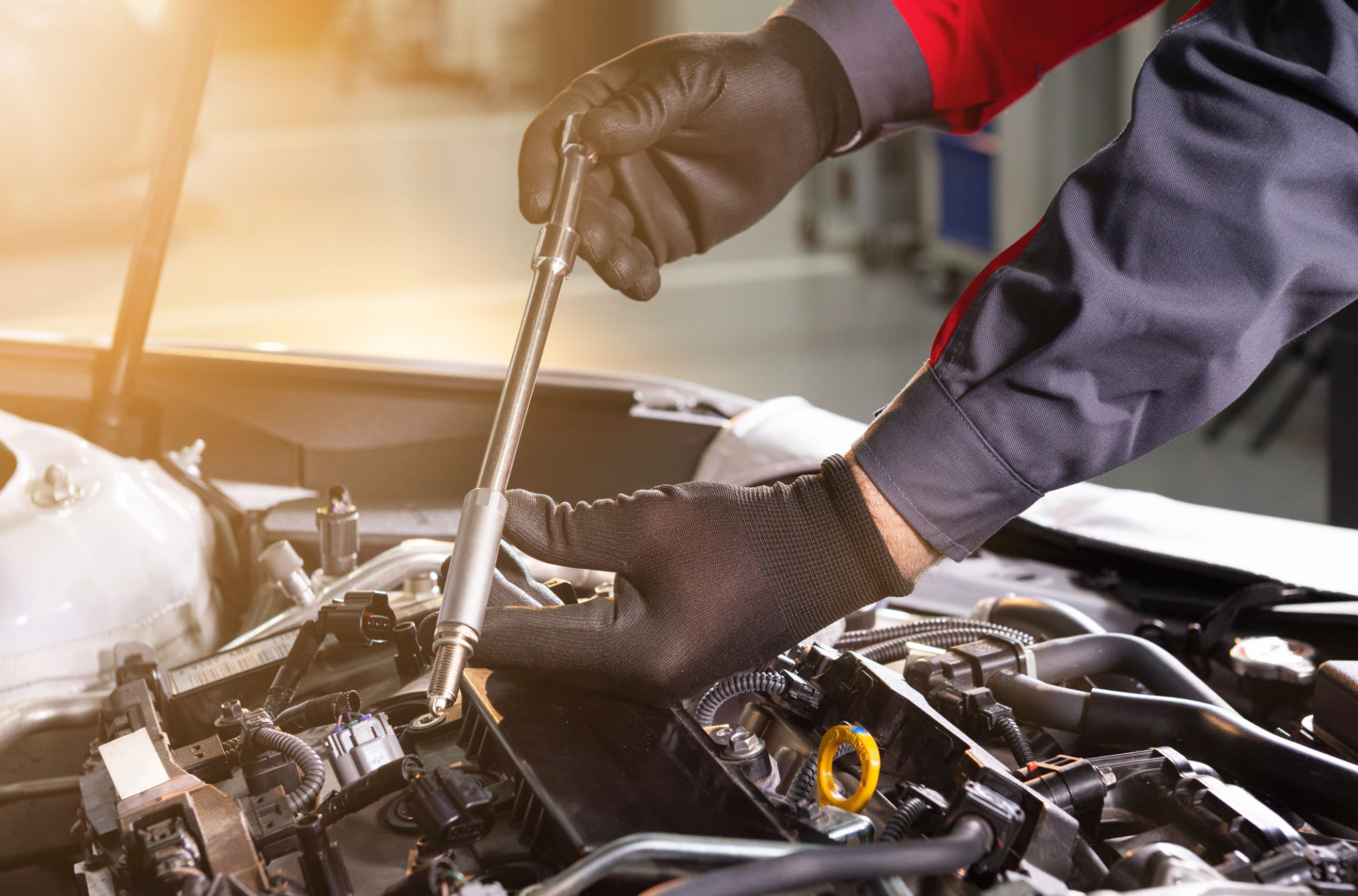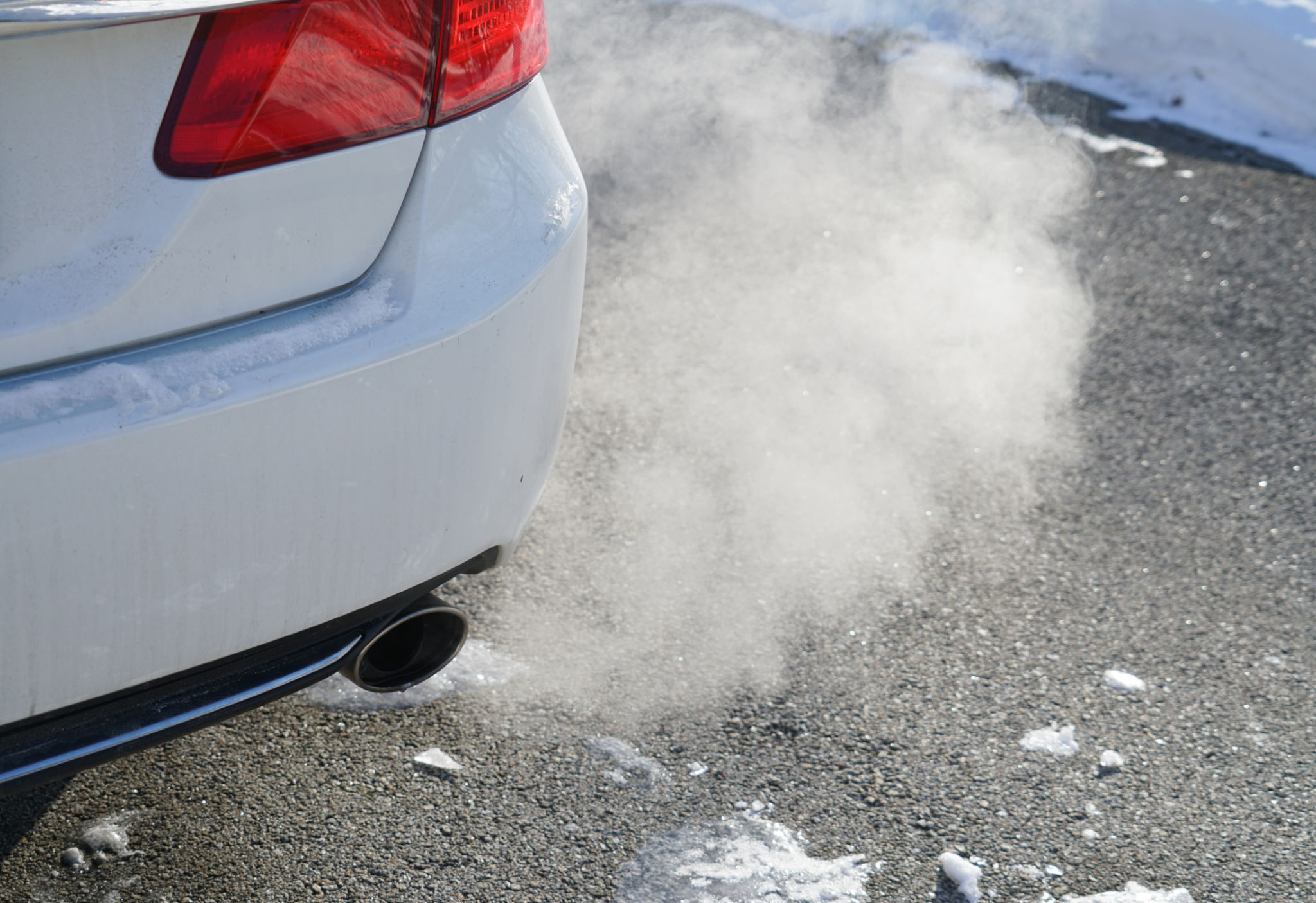Expert Tips for Maintaining Your Japanese Car in Russia
Understanding the Climate's Impact on Your Car
Maintaining your Japanese car in Russia requires a keen understanding of how the local climate can affect vehicle performance. The harsh Russian winters, characterized by extreme cold and heavy snowfall, can pose significant challenges for your car. It's crucial to ensure that your vehicle's antifreeze and coolant levels are adequate and that you use a winter-grade oil to keep the engine running smoothly.
Moreover, consider investing in a good set of winter tires. These are essential for navigating icy roads safely. Equipping your car with winter tires not only enhances traction but also significantly reduces the risk of accidents during the cold months.

Regular Maintenance Checks
Regular maintenance is key to ensuring your Japanese car remains in top condition. This includes routine oil changes, brake inspections, and battery checks. Japanese cars are known for their reliability, but they still require consistent care to perform optimally.
Every season brings its own set of maintenance tasks. For instance, after winter, it's advisable to inspect the undercarriage for any signs of rust or damage caused by road salts. This preventive measure can save you from costly repairs in the long run.

Finding Quality Spare Parts
In Russia, sourcing genuine spare parts for Japanese cars can sometimes be challenging. It's important to use original or high-quality aftermarket parts to maintain the integrity of your vehicle. Establishing a relationship with a trusted supplier or dealership can ensure that you receive the right parts when needed.
Additionally, having a reliable mechanic who specializes in Japanese cars can be invaluable. They can provide expert advice on part replacements and help you avoid common pitfalls associated with low-quality components.

Adapting to Local Road Conditions
Japanese cars are engineered for precision and efficiency, but driving them on Russian roads requires some adaptation. The diverse terrain and road conditions demand that you remain vigilant about tire pressure and alignment. Regularly checking these can prevent uneven tire wear and improve fuel efficiency.
Furthermore, consider investing in a GPS device or app that provides real-time traffic updates and road condition alerts. This can help you navigate more efficiently and avoid potential hazards.
Emissions and Environmental Considerations
Environmental regulations in Russia may differ from those in Japan, particularly regarding emissions. It's essential to ensure that your car's emission system is compliant with local laws. Regularly check the exhaust system for leaks or other issues that could affect emissions.
Maintaining a clean air filter is also crucial for optimizing fuel economy and reducing emissions. A clean filter ensures that the engine receives the right amount of air, which is vital for efficient combustion.

Keeping Your Car Clean
Regular cleaning is not just about aesthetics; it plays a significant role in vehicle maintenance. Dust, grime, and road salt can accumulate and cause corrosion over time. Washing your car regularly, especially after winter, helps prevent rust and keeps the paintwork in good condition.
An interior clean is equally important. Use appropriate cleaning products for your dashboard and upholstery to maintain their appearance and longevity.

The Importance of Insurance
Insuring your Japanese car in Russia is not just a legal obligation but also a practical necessity. Ensure that your insurance policy covers all potential risks, including those specific to the Russian environment, such as theft or damage due to severe weather conditions.
Review your policy annually and make necessary adjustments to ensure comprehensive coverage. This proactive approach provides peace of mind and financial protection against unforeseen events.
Conclusion
Caring for your Japanese car in Russia involves a combination of understanding local conditions, regular maintenance, and using quality parts. By following these expert tips, you can enjoy the reliability and performance that Japanese cars are known for, even in the challenging Russian climate.